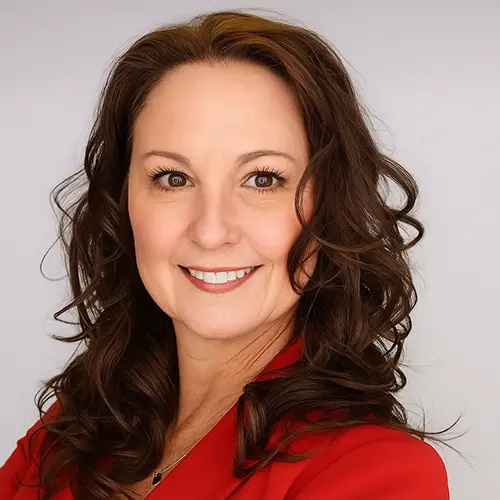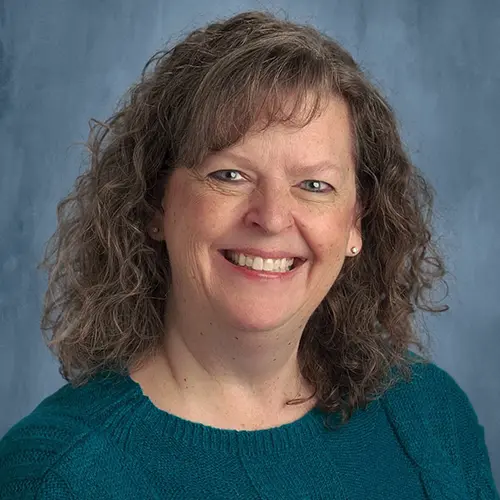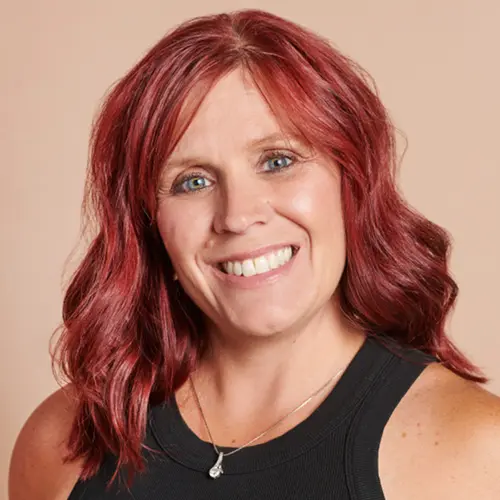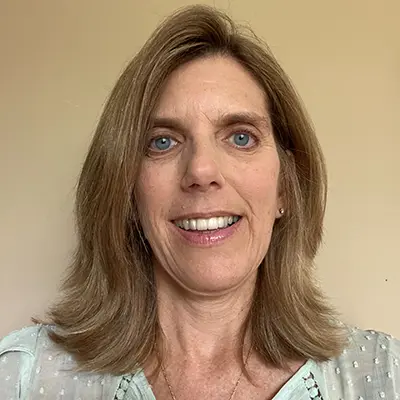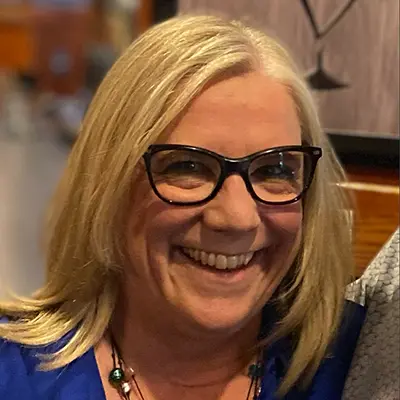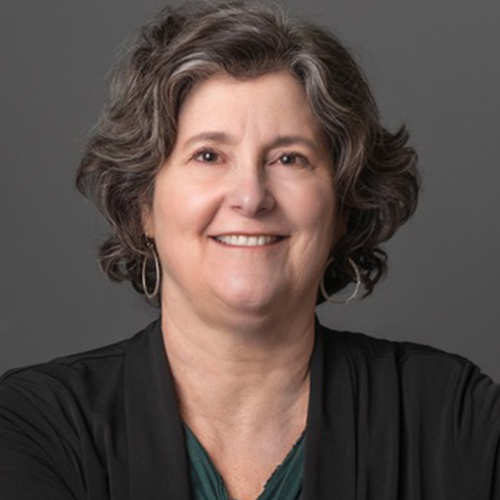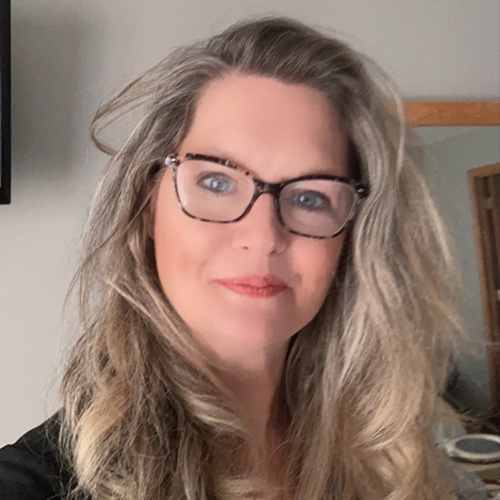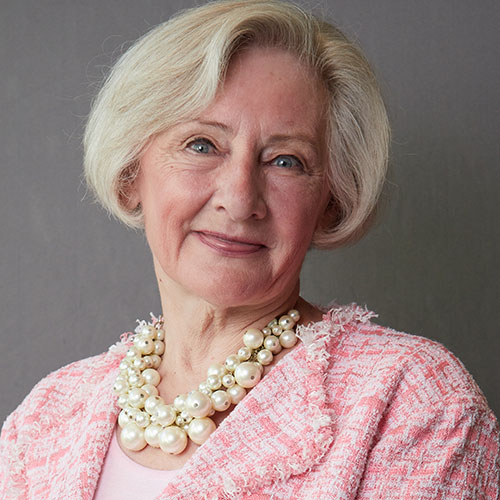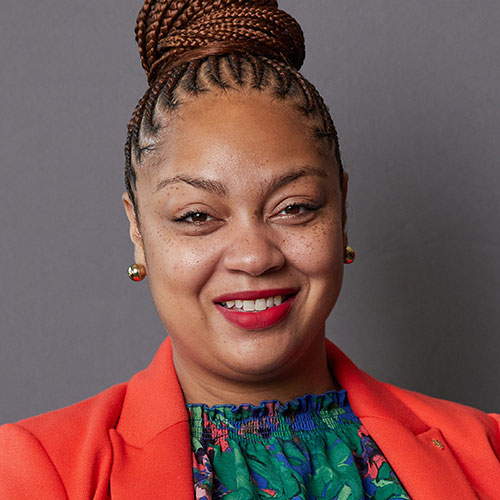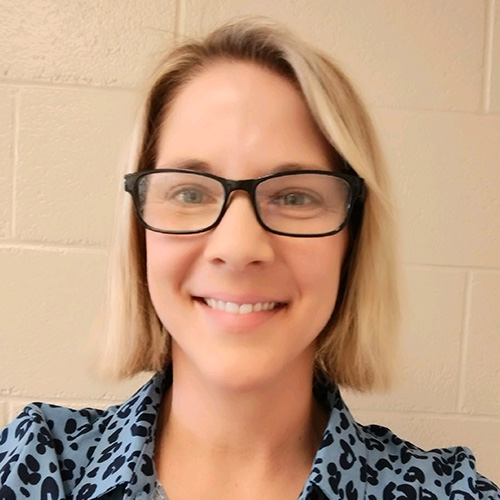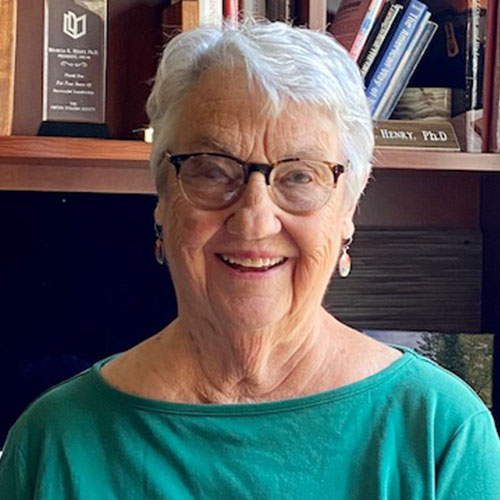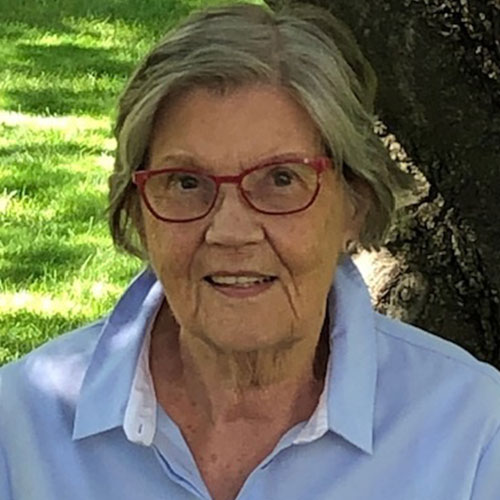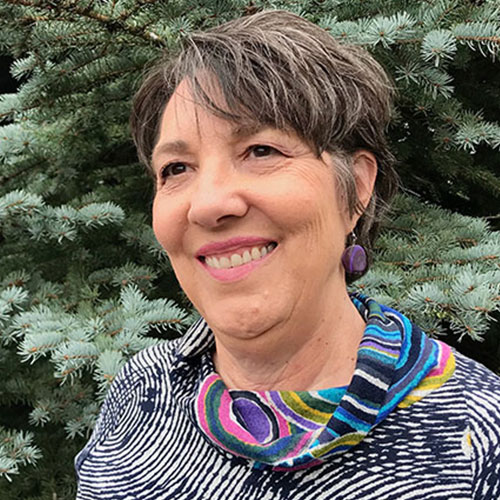:: common signs ::
Recognizing Dyslexia
Learning difficulties experienced by people with dyslexia range from mild to severe. Research indicates these learning challenges are not related to general intelligence, but typically result from differences in the phonological components of oral and written language. Phonological components are complex, but when a learner consistently struggles with these types of tasks, they may have dyslexia.

Oral Language
- Frequently mispronounces familiar words
- Difficulty learning nursery rhymes
- Difficulty recognizing or generating words beginning with the same sound (lamp/lemon)
- Difficulty recognizing or generating rhyming words (bat/cat)
- Unable to blend given sounds to say a word (Teacher says /k/-/a/-/t/; student responds “top,” not cat)
- Difficulty manipulating sounds in words (T: “sand”, take off /s/ to make a new word; student: and)
- Difficulty counting
- Difficulty “finding” words to name or explain; uses vague language (ex: stuff)
- Spoken vocabulary level is smaller than listening vocabulary
- Seems to need extra time to respond to questions/requests
Reading
- Difficulty with visual tracking from left to right
- Difficulty learning the alphabet
- Difficulty learning sound/symbol relationships (b says b as in bug)
- Difficulty remembering names and shapes of letters
- Unable to name alphabet letters or common short words rapidly
- Frequently transposes the order of letters when reading or spelling
- Frequently misreads or omits common short words
- “Stumbles” through longer words
- Reading errors often do not match written text
- Frequently unable to retell a short or familiar story accurately
- Unable to answer questions about details directly stated in a short passage they have read
- Difficulty making reasonable predictions, and drawing conclusions
- Slow, laborious oral reading
- Avoids reading aloud
Written Language
- Difficulty putting ideas on paper
- Often misspells words when writing
- May do well on weekly spelling tests, but may have spelling mistakes in daily work
- Makes errors in grammar
- Difficulty proofreading
- Writes with little variety in vocabulary
- Writes stories or descriptions with little detail
- Writing is disorganized and/or incomplete
Other Indicators
- History of characteristics of dyslexia experienced by parents and/or siblings
- Messy handwriting
- Experiences significant fatigue when reading
- Trouble remembering dates, names, random lists, etc.
- Struggles to organize assignments, materials, due dates, etc.
- Expresses low self-competence and self-esteem
:: common signs ::
Related Learning Disorders
Individuals with dyslexia may have other related disorders. However, you can have dyslexia without other related disorders. Some of the co-existing disorders are described below.
Dysgraphia (Handwriting)
- Unsure of handedness
- Poor or slow handwriting
- Messy and unorganized papers
- Difficulty copying
- Poor fine motor skills
- Difficulty remembering the kinesthetic movements to form letters correctly
Dyscalculia (Math)
- Difficulty counting accurately
- May misread numbers
- Difficulty memorizing and retrieving math facts
- Difficulty copying math problems and organizing written work
- Many calculation errors
- Difficulty retaining math vocabulary concepts
Attention-Deficit Hyperactivity Disorder (ADHD)
- Variable attention
- Distractibility
- Impulsivity
- Hyperactivity
- Dyspraxia (Motor skills)
- Difficulty planning and coordinating body movements
- Difficulty coordinating facial muscles to produce sounds
Executive Function/Organization
- Loses papers
- Poor sense of time
- Forgets homework
- Messy desk
- Overwhelmed by too much input
- Works slowly
Taking the Next Step
If your child is having difficulties learning to read and you have confirmed multiple of these characteristics, he or she may need to be evaluated for dyslexia or a related disorder.
